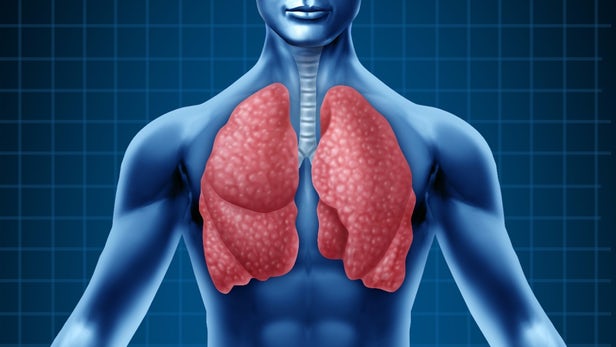Pneumonia is an inflammatory disorder of the lungs that is caused by bacterial or viral infections. It is a serious condition that results in approximately 4 million deaths annually across the globe. Pneumonia treatments vary according to the type and severity of the infection and typically include antibiotics, fever medication and pain relievers. Lifestyle and diet also play a significant role in reducing pneumonia symptoms and speeding up the recovery process.

Pneumonia diet: healthy foods for healthy lungs
Pneumonia causes cough, chest pain, fever and fatigue which is why people with this condition tend to lose their interest in food. However, it is important to follow a diet plan for pneumonia as this will help you fight off the infection as well as reduce your cough and chest pain. Here are a few foods that you can include in your pneumonia diet plan to help you breathe better:
Fruits and Vegetables
Fruits and vegetables are rich in a variety of vitamins and minerals. They are also an excellent source of biologically active compounds that help your immune system fight pathogens and heal quickly. A study published in “Public Health Nutrition” found that pregnant women who followed a diet that contained plenty of fruits and vegetables had a lower risk of developing upper-respiratory infections, such as pneumonia. Although this study focused on pregnant women, consuming fruits and vegetables would have a similar impact on everyone. When shopping, opt for colorful foods such as berries, citrus fruits, tomatoes, leafy greens, beets and tomatoes. Colorful foods are high in antioxidants that help your body fight off the infection and help you recover from pneumonia. Aim for 5 servings of fruits and vegetables per day in order to reduce your susceptibility to pneumonia.
High-Protein foods
Protein is often associated with meats such as chicken and beef. However, processed meats and red meats are not healthy options as they can increase inflammation. On the other hand, there are several plant foods that are excellent sources of healthy protein. Lentils, beans, chia seeds, endamame, nuts and nut butters are all good sources and should be included in a diet for pneumonia patients. Homemade soups and broths made with these protein-rich foods will also help to reduce the severity of coughing, wheezing and other pneumonia symptoms. Seeds and nuts are also an excellent source of Omega-3 fatty acids; some studies indicate that this fatty acid could help to improve resistance to infection and improve lung health in cases of acute pneumonia.
Whole grains
Whole grains are high in carbohydrates which is the body’s main source of fuel. Whole grains also contain vitamins, minerals and antioxidants that help your body heal and increase your energy levels. Brown rice, millet and quinoa are good options as they are also high in selenium – studies show that this mineral reduces inflammation and improves immune response. You can have oats for breakfast or a quinoa salad for lunch to increase your intake of whole grains. Substitute white bread with whole rye bread as rye is high in magnesium. Low magnesium levels are associated with an increased risk for pneumonia mortality, so including rye in your diet may help you make a quick and full recovery.
Fluids and beverages
Adequate fluid intake is crucial for maintaining healthy organ function including the brain, heart and lungs. Fluids carry nutrients to your cells and flush out waste materials and pathogens. This is why it is important to stay hydrated when you are recovering from pneumonia. Hot liquids such as soups and broths will keep you hydrated as well as soothe your sore throat and ease your cough. A large bowl of hot lentil soup with diced veggies is an excellent lunch option, especially if you have lost your appetite for solid foods. Lemonade and apple juice can relax the airway and loosen mucus which will help you breather better. Switch to green tea as it is high in catechins, which are natural compounds with potent antioxidant properties. Studies show that these catechins support immune function and help to fight off the infection. The effects of green tea for pneumonia are particularly effective for people with lower immune function such as heavy smokers.
Pneumonia in children and the elderly is particularly aggressive as these individuals have weaker immune systems. Similarly, those with asthma, cystic fibrosis or chronic obstructive pulmonary disease (COPD) are at a higher risk for pneumonia. If it is not treated in time, pneumonia can cause complications such as lung abscesses, pleurisy, respiratory failure and septic shock. This is why it is important to get an early diagnosis and treatment plan. Find out everything you need to know about pneumonia the causes and treatment options. This will help you understand the severity of your case as well as the steps you will need to take to make a full recovery.
Author’s Bio: Anita Fernandes has been writing extensively on health and wellness for over a decade. She has expertise in nutrition, fitness, public health, and weight loss and has contributed content to a variety of leading digital health publishers. Anita has a unique perspective on healthy living and lifestyle, as she has battled and overcome eating disorders and obesity. She shares her experiences in an effort to help others overcome the physical and mental health problems that can sometimes seem insurmountable.




